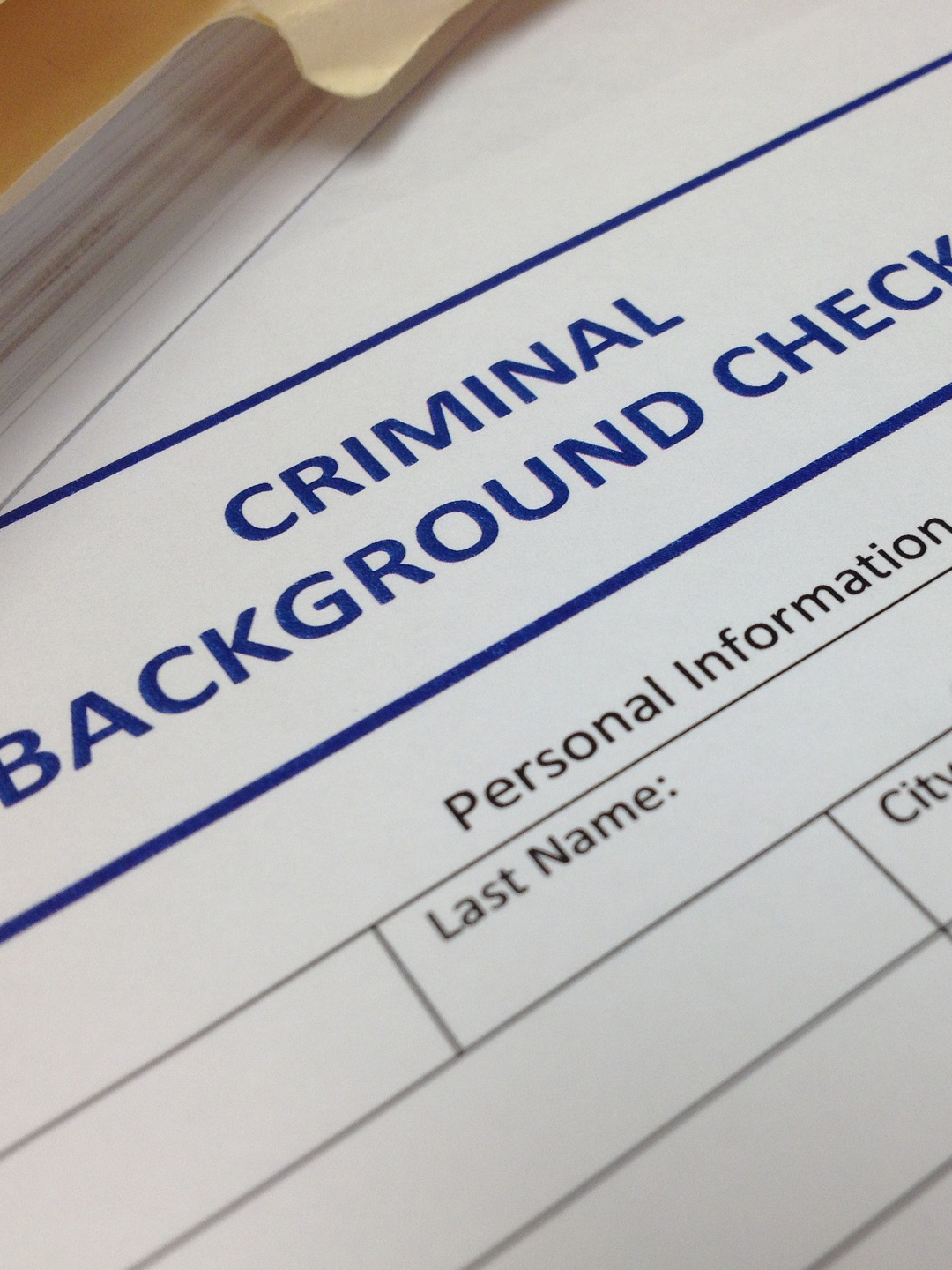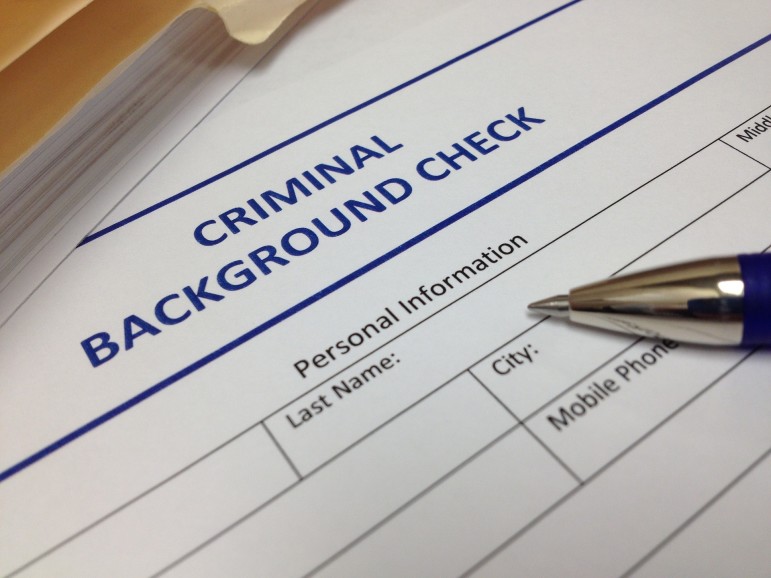WASHINGTON — Youth advocates hope this year will bring action on legislation that would give youth-serving organizations greater access to criminal background screening tools.
Lawmakers in the House and Senate recently reintroduced the bipartisan Child Protection Improvements Act (HR 4703, S 2332), which would allow organizations to screen potential employees and volunteers through the FBI fingerprint database.
In more than half the states, child-serving organizations do not have access to the FBI database through their states. In states that do provide access, or when a third-party provider offers access, wait times and costs can be prohibitive, the legislation’s supporters say.
Easier access to the database would give organizations one more screening tool to help ensure children are not at risk of abuse or otherwise in danger because of a volunteer or staff member at a youth organization.
“Parents deserve to know that their children are in safe hands when they participate in after-school programs, sports camps or meet with their mentors,” said Rep. Adam Schiff, D-Calif., who introduced the House bill with Rep. Mike Bishop, R-Mich., in a statement.
[Related: Medical Journal Prescribes Fixes for ‘Urgent’ Child Health Priorities]
The bill does not require organizations to use the FBI database but it does require the requesting organizations to pay for the screening. The specifics of a criminal record would not be disclosed without explicit consent from a prospective volunteer or employee, according to a summary of the bill.
The legislation also would give organizations that serve the elderly and people with disabilities the ability to request a screening.
Ed Hurley, president of the Hockomock Area YMCA in Massachusetts, said access to the FBI database is a critical tool because a national screening can catch criminal records that do not show up in a state database, for a reasonable cost and in a timely manner.
“This is an important piece. It’s the most comprehensive and accurate information out there,” he said.
The legislation builds on a pilot program that ran from 2003 to 2011 and gave some youth-serving nonprofits access to the FBI database for their potential volunteers.
More than 105,000 screenings were conducted, with 6.2 percent of volunteers flagged for concerns about a criminal record. In more than 40 percent of cases, the prospective volunteer’s crime was committed in a state other than where they wanted to volunteer.
Abbie Evans, director of government relations at MENTOR: The National Mentoring Partnership, said the screening would give organizations greater control over whom they select as volunteers and employees. Depending on the offense, a criminal record may not automatically disqualify a candidate but instead lead to a discussion about how the person can best help the organization, she said.
“We want informed decision-making and discussion at the local level,” Evans said.
The bill is a top priority for MENTOR, which hopes the legislation will pick up momentum in late January when advocates visit Capitol Hill.
Several years ago, an earlier version of the legislation passed the House with only a handful of dissenting votes, and another version previously cleared the Senate Judiciary Committee but did not reach the Senate floor.
Other supporters of the legislation include the American Camp Association, the Boys & Girls Clubs of America, the National Center for Missing and Exploited Children, the YMCA of the USA and the National PTA.
More related articles:
California High School Health Clinic Asks Students About Childhood Trauma to Improve Their Health


























